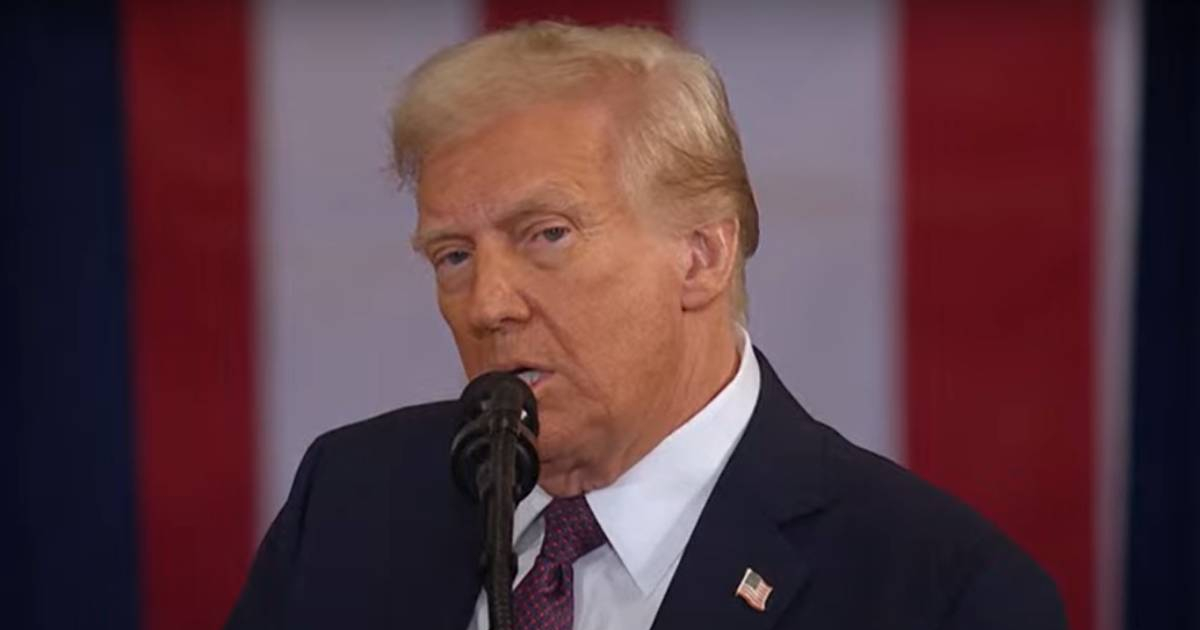As he begins his second term, President Donald Trump has enacted a series of executive orders aimed at fulfilling his campaign promises, focusing on immigration and national security. On Monday, Trump signed at least 10 directives ranging from military deployment at the U.S.-Mexico border to the reinstatement of controversial immigration programs, and notably, the termination of humanitarian parole and the CBP One mobile app for asylum requests.
Among the most significant measures is the declaration of a National Emergency, which will allow the deployment of Department of Defense personnel and the National Guard to bolster border control in the southern region. Trump has instructed that closing the border with Mexico should be a priority to combat both illegal immigration and drug trafficking.
Another order reinstates the "Remain in Mexico" program, officially known as the Migrant Protection Protocols. Initially implemented in 2019, this policy requires asylum seekers to wait in Mexico while their cases are processed in the United States. Furthermore, Trump plans to label drug cartels as terrorist organizations, including MS-13 and the Tren de Aragua, enabling the U.S. government to impose economic sanctions and pursue stricter legal actions against these groups.
Additional executive orders include resuming the construction of the border wall and ending birthright citizenship for children of undocumented immigrants, though this latter measure may face legal challenges due to constitutional conflicts.
International Reactions to Trump's Orders
The executive orders mark a vigorous start to Trump's second term, eliciting both criticism and support domestically and internationally. The Mexican government has condemned what it perceives as a "unilateral measure" concerning the "Remain in Mexico" program. Foreign Minister Juan Ramón de la Fuente stated that Mexico will not take on new responsibilities resulting from this policy, although specific agreements might be considered.
Trump had vowed to implement these drastic measures since his campaign's outset, and his inauguration day made it clear that his approach to immigration management will be more aggressive, keeping his promises intact.
Trump's Previous Warnings
The future of U.S. immigration programs, such as humanitarian parole and the CBP One app, had been uncertain during the final days of the Biden Administration. The humanitarian parole program, which allowed Cubans to enter the United States, was already stalled, with only a limited number of beneficiaries approved. Its definitive abolition paints a complex picture for Cuban migrants seeking entry to the U.S.
Trump's planned policies will adopt a stricter stance on undocumented immigrants, including mass detentions and deportations. This strategy aims to deter illegal immigration through decisive actions, raising concerns among humanitarian sectors and migrant rights advocates.
Understanding Trump's Immigration Policies
What is the "Remain in Mexico" program?
The "Remain in Mexico" program, officially called the Migrant Protection Protocols, is a policy requiring asylum seekers to stay in Mexico while their cases are processed in the U.S.
How does the termination of humanitarian parole affect Cuban migrants?
Ending humanitarian parole, which allowed Cubans to enter the U.S., complicates the migration process for Cuban nationals who seek refuge in the United States.
What are the implications of declaring drug cartels as terrorist organizations?
Designating drug cartels as terrorist groups allows the U.S. government to impose economic sanctions and pursue more stringent legal actions against them.
